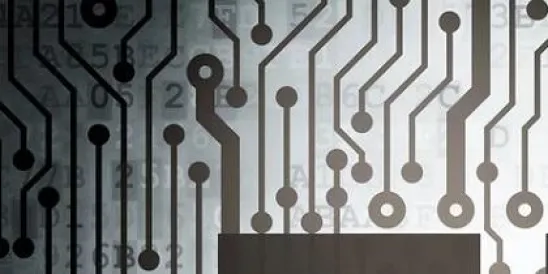On May 20, 2019, in Mission Product Holdings, Inc. v. Tempnology, LLC, 587 U.S. ___ (2019), the Supreme Court resolved an area of ongoing concern for parties to trademark licenses. The court addressed a circuit split on whether a trademark licensee may continue to use a trademark for the term of the license, after the license has been rejected in bankruptcy. In Mission, the debtor-licensor rejected a trademark license agreement and sought to terminate the licensee’s right to use the debtor’s trademark. This decision has important ramifications to parties to trademark licenses.
Bankruptcy Code section 365(a) provides a debtor (i.e., the bankrupt party) the right to reject executory contracts – i.e., contracts where both parties have performance obligations remaining. Pursuant to Bankruptcy Code section 365(g), such rejection amounts to a breach of the contract. To avoid the claim from being viewed as occurring after the bankruptcy filing, section 365(g) provides the breach is deemed to occur immediately before the filing of the debtor’s bankruptcy petition.
The Supreme Court was asked to determine the effect of a rejection of an executory trademark license by the debtor, the estate of the trademark licensor, pursuant to Bankruptcy Code section 365. The rejection may give rise to a damage claim, but did it otherwise leave the counterparty, the trademark licensee, the right to use the trademark it had received under the contract, or did it terminate the entire agreement along with the right to use the trademark?
The Supreme Court held a debtor-licensor’s rejection of a trademark licensing agreement in bankruptcy does not terminate the rights of the non-debtor licensee that would survive the licensor’s breach under applicable non-bankruptcy law—including the continued use of the trademark. The rationale is that the rejection of an executory contract is a court-authorized breach, which may give rise to a damage claim against the debtor, but does not put the parties back in the positions they had before entering into the contract, which rescission would do. Notably, the debtor’s rejection does allow the debtor-licensor to stop providing any services the licensee may have required such as quality control or maintaining a certain image of the trademark.
Section 365(n) of the Bankruptcy Code allows a licensee of patents or copyrights whose license is rejected to either treat the license as terminated and assert a claim for damages, or retain its intellectual property rights under the license. Section 365(n) refers to the Bankruptcy Code definition of “Intellectual Property” which includes patents and copyrights but does not include trademarks. The legislative history of section 365(n) suggests that Congress intentionally excluded trademarks from the definition because of the special concerns relating to trademark licensing, and expressly left that issue to the courts to decide. See S. Rep. No. 100-505, at 5, 7 (1998) (since issues relating to trademark licensing could not be addressed without more extensive study, it was determined to postpone congressional action in this area and to allow the development of equitable treatment of this situation by bankruptcy courts).
In reaching its conclusion, the majority opinion focused on the general rules of rejection in Bankruptcy Code sections 365(a) and (g), and on the effect rejection has on all executory contracts—not just trademark licenses. That the specific provisions in section 365(n) do not include trademarks does not change the general rule that rejection of an executory contract does not rescind the rights the contract previously granted. Justice Sotomayor’s concurrence highlighted the decision did not mean every trademark licensee would have rights to continue using licensed marks post-rejection. The inquiry remains whether the licensee’s rights to use the trademark for the duration of the license would survive a breach under applicable nonbankruptcy law, taking into account all applicable special terms of licensing agreements or state law.
Naturally, intellectual property licensing is a key part of many commercial arrangements. This decision sheds light on an aspect of that practice which, when disputed, was subject to different analyses depending on the jurisdiction of the dispute. When negotiating intellectual property licenses, parties should keep this decision, the entire set of jurisprudence around section 365(n), and applicable state law regarding breach of contract in mind in order to ensure the desired outcome in the event of a bankruptcy of the licensor in the future.



 />i
/>i

